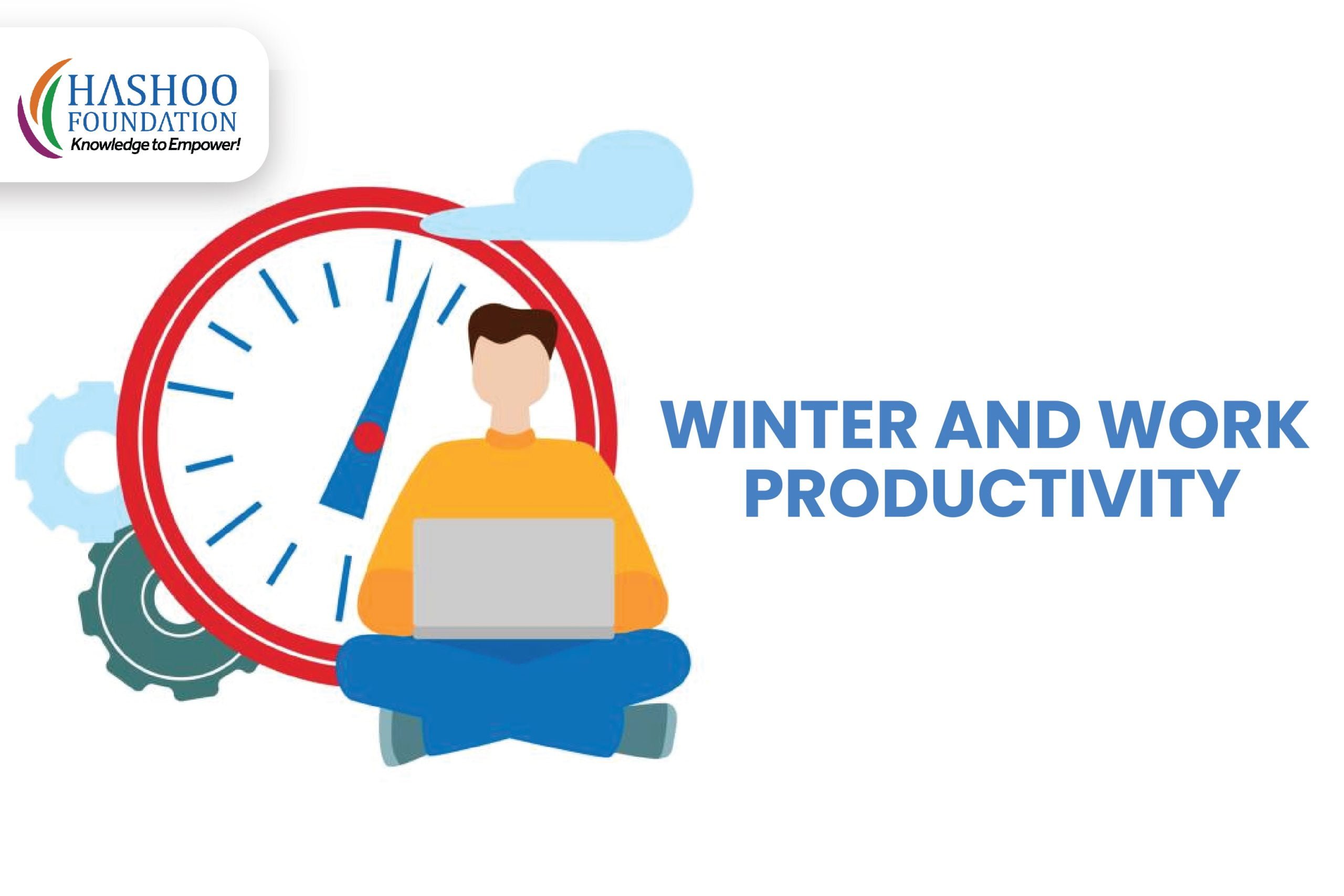 As December approaches, the temperature and precipitation have both dropped significantly. A person’s work ethic is one of the primary factors in determining their level of productivity. Whereas, secondary factors that influence an individual’s productivity are social and environmental factors. Nonetheless, as human beings, we are all vulnerable to a wide range of additional influences that can disrupt our productivity. The weather is one such element.
As December approaches, the temperature and precipitation have both dropped significantly. A person’s work ethic is one of the primary factors in determining their level of productivity. Whereas, secondary factors that influence an individual’s productivity are social and environmental factors. Nonetheless, as human beings, we are all vulnerable to a wide range of additional influences that can disrupt our productivity. The weather is one such element.
Recent psychological research has found that colder temperatures significantly affect our social interactions. Our perception of others’ warmth and friendliness changes when we are chilled. Assume the opposite is true: being physically warm will lead to feelings of warmth and trust in your relationship. That’s why it’s crucial to maintain a comfortable temperature in the office so that connections between coworkers run as efficiently as possible. Researchers at Cornell University in Ithaca, New York, investigated the effects of low temperatures at work. Results showed that workers were 44% less efficient and produced 50% fewer results when the temperature was approximately 20 degrees than when it was a comfortable 25 degrees. According to the findings, each employee costs an organization an extra $0.10 an hour when working in chilly conditions due to their increased propensity to be distracted.
Point to Wonder: Is it normal for workers to lose focus like that?
Simply put, when we feel our core temperature dropping, we waste precious mental and emotional resources keeping ourselves warm instead of focusing and being inspired.
Between 22 and 25 degrees is the optimal temperature range for increased productivity in the workplace. The workforce’s productivity will suffer if the range is higher or lower. The brain receives the message to slow down and unwind when there is less light and more darkness. Workers may experience a rise in both fatigue and lack of focus at the workplace. However, some people may find that they can better concentrate when the weather is overcast. For others, a cloudy sky could discourage them from leaving the house. When it’s overcast outside, keeping staff awake and active may be difficult; ensure that the office has plenty of light. Usually, terrible news is associated with rain (except for those hopefuls of suspension). The term “bed weather,” a pun on “bad weather,” was coined to describe rainy days because the cooler temperatures they bring make it more challenging to get out of bed and go to work or make us want to stay in bed and sleep. Lightning and thunder can be visually and audibly distracting.
To wrap it up, one’s work productivity is affected by external factors such as weather as much as it is by internal factors such as one’s values and motivation. Keeping the office at a pleasant temperature is essential for a productive work environment.
References :
https://news.cornell.edu/stories/2004/10/warm-offices-linked-fewer-typing-errors-higher-productivity